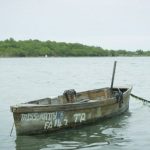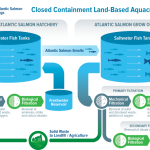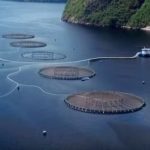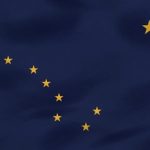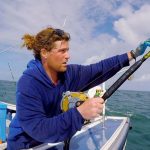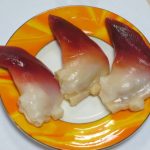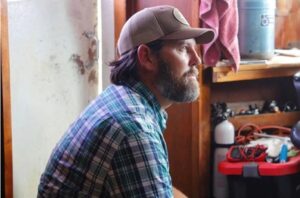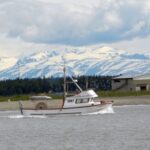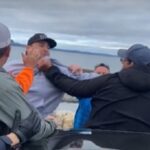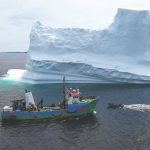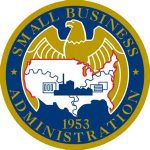Daily Archives: September 26, 2020
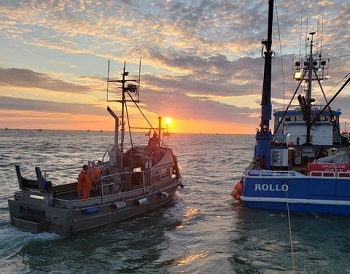
Minnesota family spends summers fishing Alaskan salmon to sell back home
The Rogotzkes, brothers Jay and Tom, dad Roger and uncle Dave, all run their own boats in Bristol Bay, home to the world’s largest sockeye salmon run. The Rogotzkes fish in 32-foot aluminum boats that drift freely, even with 900 feet of net trailing. It was Roger who got the family started in the unlikely profession more than 40 years ago. Back in college in 1980, Roger read about Bristol Bay in a magazine. Intrigued, he bought himself a plane ticket north the next summer. Two years later, in what the Rogotzkes now recognize as an astounding act of faith, Roger’s dad, Bob, mortgaged the family farm in Minnesota to buy his son a fishing boat and permit. That investment paid off, and two years later Bob did the same thing for his other son, Dave. “We really just owe everything to him,” Roger said. That makes this season bittersweet: Bob died in May, just before the four fishermen headed north. >click to read< 18:12
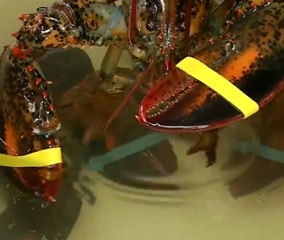
Maine lobster industry salvaged its summer despite pandemic
The Maine lobster industry is in the midst of a multiyear boom, and fishermen have caught more than 100 million pounds (45,360,000 kilograms) for a record nine years in a row. It’s hard to guess whether they’ll reach that total again, but summer 2020 hasn’t been half bad for a season in which many fishermen expected collapse, said Kristan Porter, president of the Maine Lobstermen’s Association. “Especially early in the season when nothing was open, no restaurants were open. We were thinking it would be a complete disaster,” Porter said. “If it stays like this, we can struggle through and have a season, and then get ready to fish next year.”>click to read< 17:03
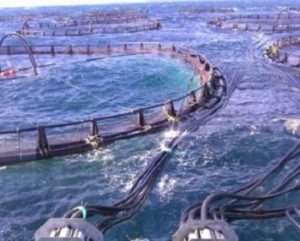
Senators Introduce Legislation to Establish Offshore Aquaculture Standards
Senators Wicker-R, Schatz -D and Rubio -R introduced legislation, the Advancing the Quality and Understanding of American Aquaculture (AQUAA) Act (S. 4723) in the U.S. Senate. The bipartisan AQUAA Act, which has companion legislation in the U.S. House, would support development of an offshore aquaculture industry in the U.S. to increase the production of sustainable seafood and establish new economic opportunities in federal waters. >click to read< 13:43
 First Nations, commercial fishermen demands end to B.C. salmon farms – A broad coalition of First Nations leaders, wilderness tourism operators, environmental NGOs and commercial and sport fishing organizations gathered in North Vancouver Sept. 22 demanding the federal government fulfill recommendations of the Cohen Commission to immediately remove open-net salmon farms from the Discovery Islands, and abolish all others from BC waters by 2025. >click to read<
First Nations, commercial fishermen demands end to B.C. salmon farms – A broad coalition of First Nations leaders, wilderness tourism operators, environmental NGOs and commercial and sport fishing organizations gathered in North Vancouver Sept. 22 demanding the federal government fulfill recommendations of the Cohen Commission to immediately remove open-net salmon farms from the Discovery Islands, and abolish all others from BC waters by 2025. >click to read<
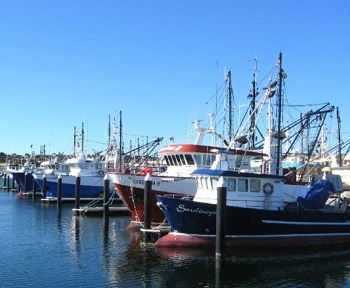
South Australia West Coast fishers reeling from priority species quota ITQ
Fishers on South Australia’s West Coast fishers who have invested hundreds of thousands in boats and licences since 2016 say they have received new quotas that only allow them to catch 87 kilograms of priority species annually. The State Government is rolling out what it calls individual transferable quotas (ITQs), part of its controversial Marine Scalefish Fishery,, for those with a catch history prior to 2016, particularly West Coast fishers where the average age was between 55 and 60, the formula was effectively a “golden handshake” to sell their quota and exit the industry. But he said it was anything but for younger fishers who bought into the industry after mid-2016,, Mr Schmucker said the industry would be “divided” as young operators scrambled to find another $150,000 to buy more quota while simultaneously competing with investors who were snapping up relinquished ITQs. >click to read< 09:10
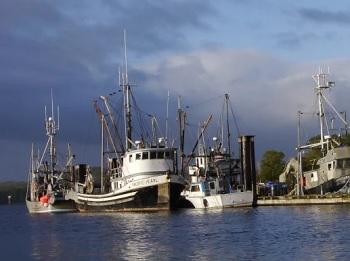
B.C. harvests 196,000 tonnes of fish a year. Most of it is exported and that’s a problem
There are about 4,000 fish harvesters scattered across the province who harvested about 196,000 tonnes of wild seafood in 2018, worth $476 million, everything from salmon to crab to geoducks. Most of that seafood didn’t stay in Canada. The province exports all but about 15 per cent of its annual catch each year and, like most of Canada, imports between 70 and 90 per cent of the seafood British Columbians eat, according to federal data. The licensing policies that give fish harvesters the right to fish the B.C. coast have privatized access to seafood and put them on the open market. >click to read< 07:50

































